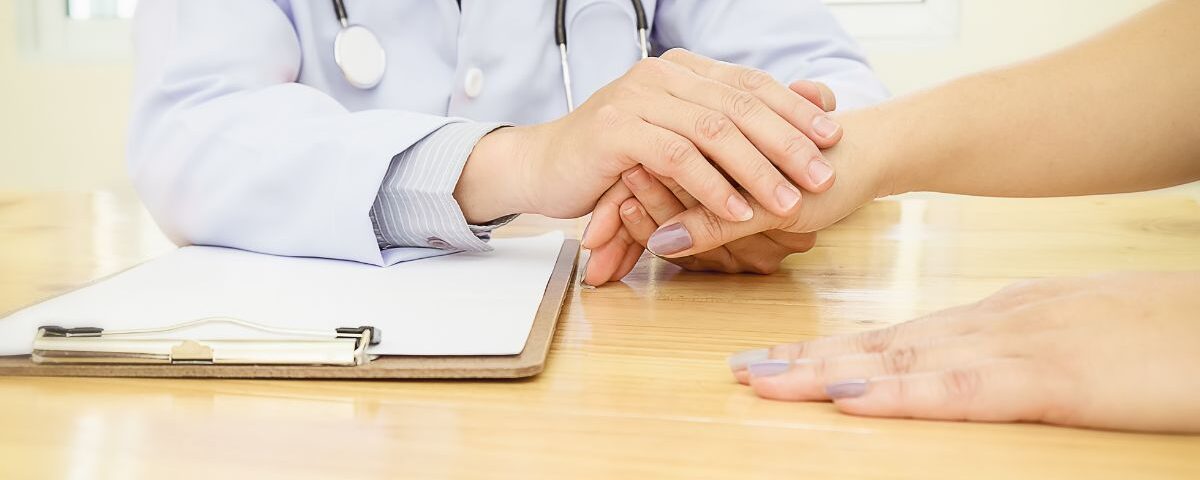At Touro College of Osteopathic Medicine (TouroCOM), the Introduction to Clinical Competency (ICC) course is where students begin their transformation—from preclinical learners to future doctors. But outside of class, something even more powerful is happening.
Enter the ICC Study Sessions, where students gather to solve Clinical Case Challenges in real time—working through patient histories, identifying key findings, and forming treatment plans with a DO mindset.
These sessions, often organized by SGA Middletown, have become one of the most valuable tools for mastering OSCEs, clinical reasoning, SOAP note writing, and more.
What Are ICC Study Sessions at TouroCOM?
ICC Study Sessions are student-led, peer-supported workshops focused on enhancing clinical skills through simulated patient encounters.
Each session typically features:
- Case-Based Learning
- Peer-to-Peer Feedback
- Role-playing of SP (Standardized Patient) Encounters
- SOAP Note Practice
- Real-Time Diagnosis and Discussion
The goal? To build confidence, clinical fluency, and the ability to think like a DO—before stepping into your first rotation.
What Makes These Case Challenges So Effective?
1. Real Clinical Thinking—Not Just Theory
Students are presented with full patient cases—complete with complaints, vitals, and physical findings—and must work through the case from start to finish. This mimics the structure of clinical exams like the COMLEX PE and OSCEs.
2. DO-Centered Communication
ICC sessions emphasize empathetic communication, rapport-building, and whole-person care, aligning with osteopathic principles. You’re not just diagnosing—you’re connecting.
3. SOAP Note Writing Practice
After each session, students write SOAP notes to reinforce documentation skills—crucial for both COMLEX and real-world medical charting.
4. Collaborative Learning Environment
No pressure. No grades. Just focused teamwork, where students teach and challenge one another in a supportive setting.
Types of Cases Students Encounter
| Case Type | Skills Practiced |
|---|---|
| Chest pain | Differential building, cardio vs. GI vs. anxiety |
| Abdominal pain | OPQRST history-taking, GI-focused PE |
| Headaches | Neuro exam, red flags, cluster vs. migraine |
| Joint pain | MSK assessment, rheumatologic workup |
| Fatigue & weight loss | Endocrine review, lab reasoning |
| Pediatrics or Geriatrics | Age-specific questioning, communication techniques |
Each case integrates SOAP structure, clinical reasoning, and physical exam interpretation—so you’re learning across multiple domains.
Student Feedback: What Makes It Worthwhile
Students say the ICC Study Sessions are the most practical, exam-relevant, and fun part of their week. Here’s why:
- They improve test scores and OSCE performance
- They increase confidence during real SP exams
- They make SOAP note writing feel natural
- They help students apply textbook knowledge to patients
And perhaps most importantly, they build the clinical instincts that separate great DOs from good ones.
How to Get the Most Out of ICC Study Sessions
- Come prepared – Skim review sheets or past SOAP notes before joining
- Actively participate – Don’t just observe; role-play, take notes, give feedback
- Ask questions – It’s a safe space for learning—no judgment
- Review anatomy & physical exam skills – You’ll need them in most cases
- Reflect after the session – What went well? What would you do differently?
Conclusion:
Clinical case challenges aren’t just academic exercises—they’re a preview of real patient care. At TouroCOM, ICC Study Sessions help students sharpen the skills that truly matter: listening, diagnosing, documenting, and treating with empathy.
As a DO student, you’re learning to treat the person, not just the symptoms. And it all starts in spaces like these—where clinical confidence grows, one case at a time.
Ready to go from surviving to thriving in ICC? Step into a study session. Your future patients will thank you.
FAQs
Who runs the ICC Study Sessions?
They’re often organized by upper-year students through SGA Middletown or tutoring groups, and guided by faculty-approved materials and mock OSCE cases.
Are these sessions required?
No, they’re voluntary—but highly recommended by upperclassmen for boosting clinical skills and COMLEX readiness.
Do the sessions help with actual ICC grades?
Yes. Many students report improved confidence and performance in SP encounters, SOAP notes, and physical exam stations after attending regularly.
What if I’ve never done a case before?
That’s the point! These sessions are made for beginners. No pressure—just practice.
